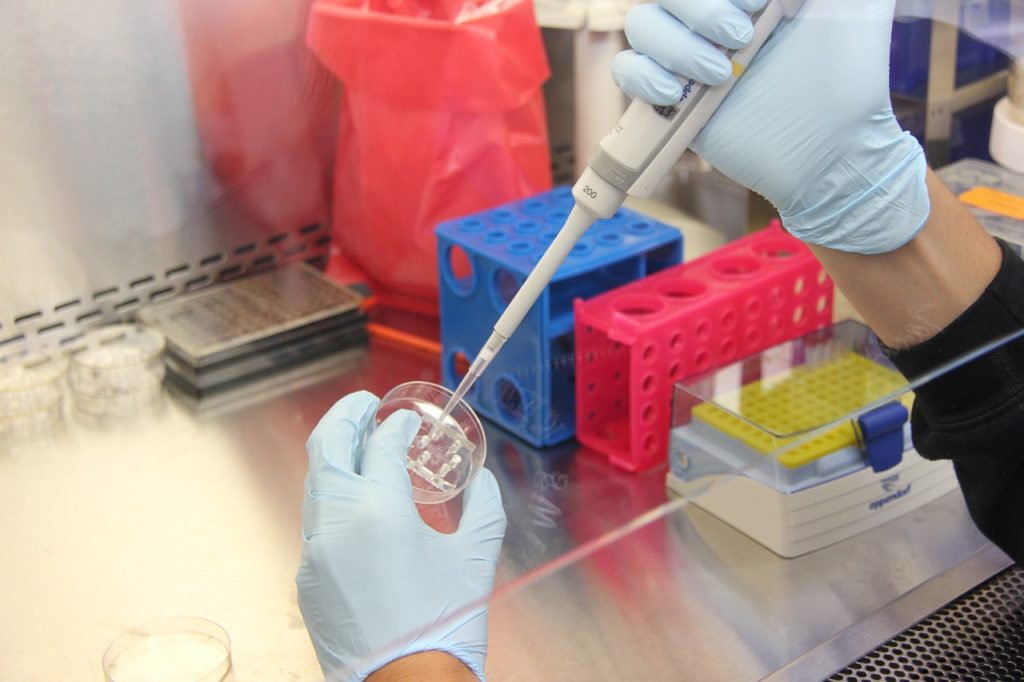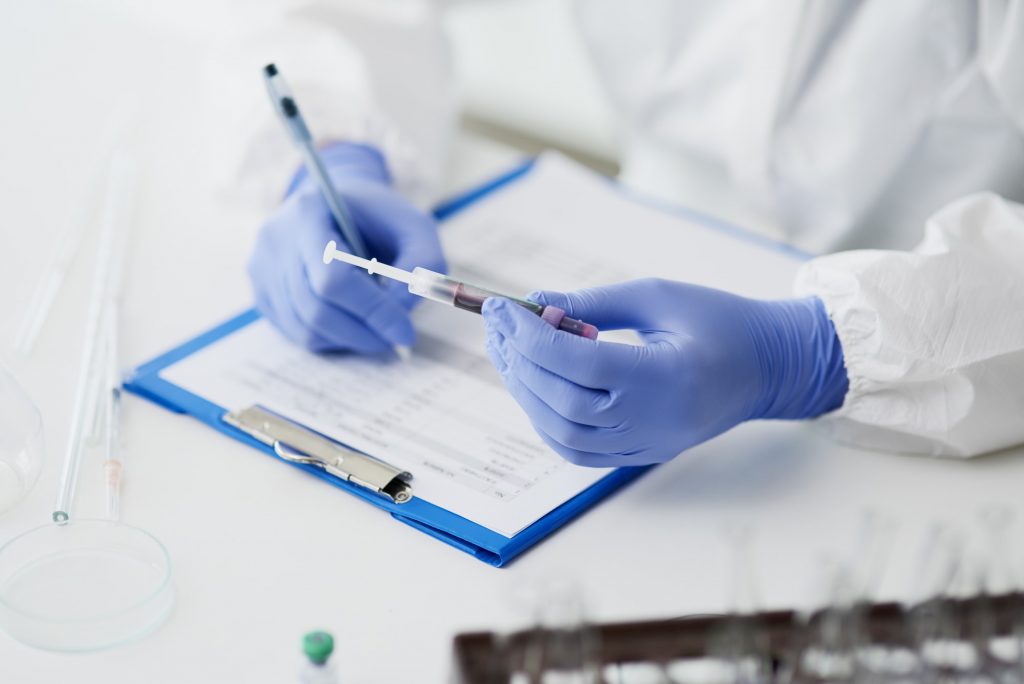Areas of Research
The foundation conducts drug efficacy studies, including studies adhering to international GCP standards; disease surveillance studies on infectious and chronic diseases, including those in remote rural and mobile populations; studies on innovational diagnostic and treatment interventions in mobile populations; and evaluation of the effectiveness of new diagnostic tools.



Suriname Healthy
Suriname healthy (2000-2001): This study, conducted by Ms. M.Y. van Eer, internist, evaluates the prevalence of cardiovascular risk factors and psychosocial factors in the different ethnic groups in Suriname. Although cardiovascular diseases are an important cause of morbidity and mortality in Suriname, there is little knowledge on the prevalence and allocation of risk factors such as smoking, hypertension and diabetes in the different ethnic groups. Knowledge of these epidemiological facts is essential if one wants to reduce cardiovascular diseases,.In a second phase of the Suriname healthy study (2008-2009) the performance of the CKD-epi formula which estimates kidney function, was evaluated in different ethnic groups.
Treatment and Resistance of Malaria in Suriname
*Treatment and resistance of malaria in Suriname. The prevalence of malaria in Suriname is increasing, causing significant morbidity and mortality. The treatment is laborious: the course of treatment is long and, therefore, not always completed. There also seems to be increasing resistance to the present medication. Last year, Dr. S. Vreden, internist, initiated a study in the interior to evaluate the efficacy of a short course of treatment (3 days), and – in addition – to assess the extent of resistance. This year, a study will be undertaken with a new anti-malarial drug.
Filariasis
Filariasis used to be very common in Suriname, but it is practically eradicated nowadays thanks to meticulous search and treatment. Prof. B. Oostburg, parasitologist, has been involved in studies regarding filariasis since the early sixties. Currently, he is initiating an elaborate study to demonstrate that Surinam is free of filariasis. Surinam can then be considered for the certificate for eradication of filariasis, given by the WHO (World Health Organization), confirming the eradication of filariasis in our country.

We want to hear about it:
K.P. van Westenstraat #9
Paramaribo, Suriname
![]()
SRD: 4169301
USD: 4174216 EURO: 4751116